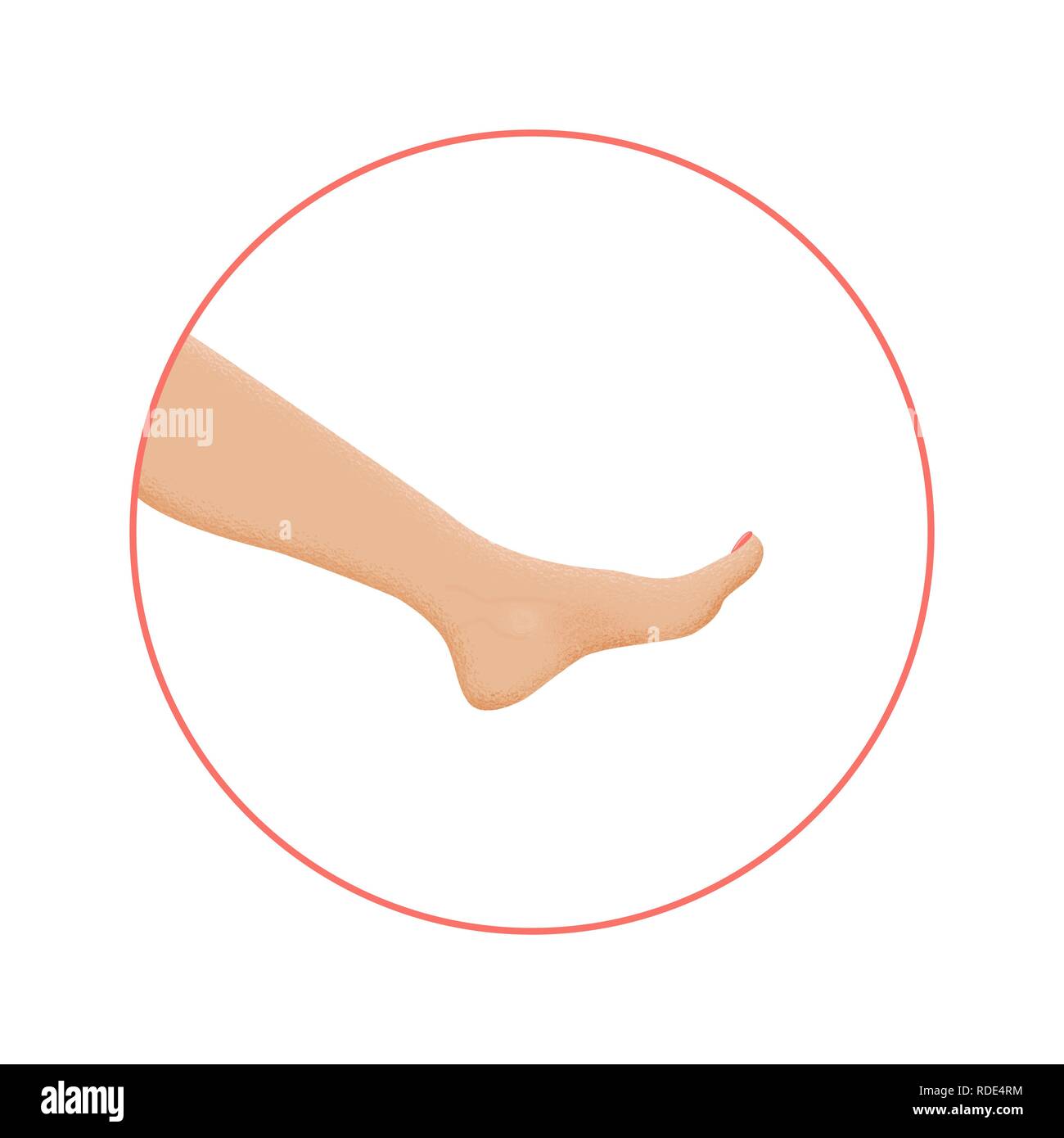Can Diet Plan Changes Help Lymphedema Symptoms?
Can Diet Plan Changes Help Lymphedema Symptoms?
Blog Article
Web Content Written By-Lehman Hamilton
If you're handling lymphedema, you could question how much your diet regimen really affects your symptoms. Specific foods can play a vital function in managing inflammation and liquid retention. By making specific nutritional modifications, you can possibly enhance your overall health and health. Yet just what should you consist of or prevent in your meals? The response could shock you and could lead to considerable enhancements in your condition.
Comprehending Lymphedema and Its Signs
Lymphedema takes place when lymph fluid accumulates in your cells, frequently resulting in swelling, specifically in the arms or legs. This condition can establish after surgical treatment, radiation therapies, or because of hereditary factors.
You might observe tightness or heaviness in the affected area, and your skin might feel stretched or appear glossy. Sometimes, you might experience pain or pain.
It's critical to acknowledge these signs early, as without treatment lymphedema can bring about difficulties like infections or movement issues. Keeping track of adjustments in your body's shape and size can help you handle the condition.
Recognizing lymphedema is the initial step toward effective management, enabling you to look for ideal therapies and take control of your wellness.
Foods That May Aid Manage Lymphedema
When taking care of lymphedema, including specific foods into your diet can make a substantial distinction.
Concentrate on https://www.newswise.com/articles/aca-encouraged-by-expansion-of-chiropractic-services-to-military-exchanges in antioxidants, like berries, which help in reducing swelling. Leafed greens, such as spinach and kale, give essential nutrients that sustain general health and wellness.
Including lean proteins, like hen and fish, can aid in tissue repair service and promote a healthy and balanced immune system. Also, think about including healthy and balanced fats from resources like avocados and olive oil, which can improve circulation.
Staying moisturized is vital, so drink lots of water and enjoy moistening foods like cucumbers and watermelon.
Finally, limit processed foods and sugars, as they can contribute to inflammation and intensify signs. Making these nutritional adjustments might aid you much better take care of lymphedema.
Practical Dietary Strategies for Relief
Making nutritional changes is just one part of handling lymphedema; sensible strategies can also play a substantial duty in supplying relief.
Start by staying moistened-- beverage a lot of water to help reduce swelling. Incorporate anti-inflammatory foods like berries, fatty fish, and leafy greens right into your dishes.
Try to restrict refined foods high in salt and sugar, as they can bring about fluid retention. Eating smaller sized, more frequent dishes can also reduce digestion and aid manage your body's action.
Additionally, consider keeping a food diary to track what benefit you and what doesn't.
Finally, speak with a nutritionist who focuses on lymphedema for individualized recommendations, which can significantly enhance your total administration plan.
Complete Decongestive Therapy (CDT) for breast cancer survivors
Integrating nutritional changes can make an actual distinction in managing lymphedema signs and symptoms. By concentrating on antioxidant-rich foods, lean proteins, and healthy fats, you can support cells repair and circulation. Remaining hydrated is critical, too, while staying clear of processed foods and high-salt products helps in reducing swelling and liquid retention. With a well balanced diet and potentially assistance from a nutritionist, you'll not only improve your signs however likewise improve your total lifestyle. Take charge of your health today!
